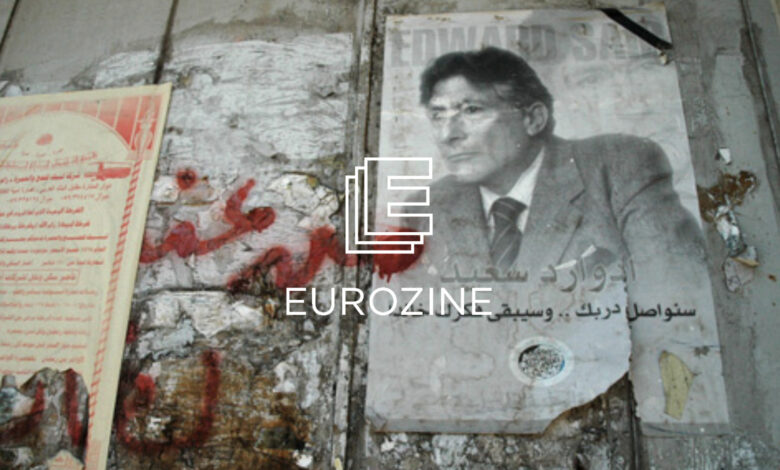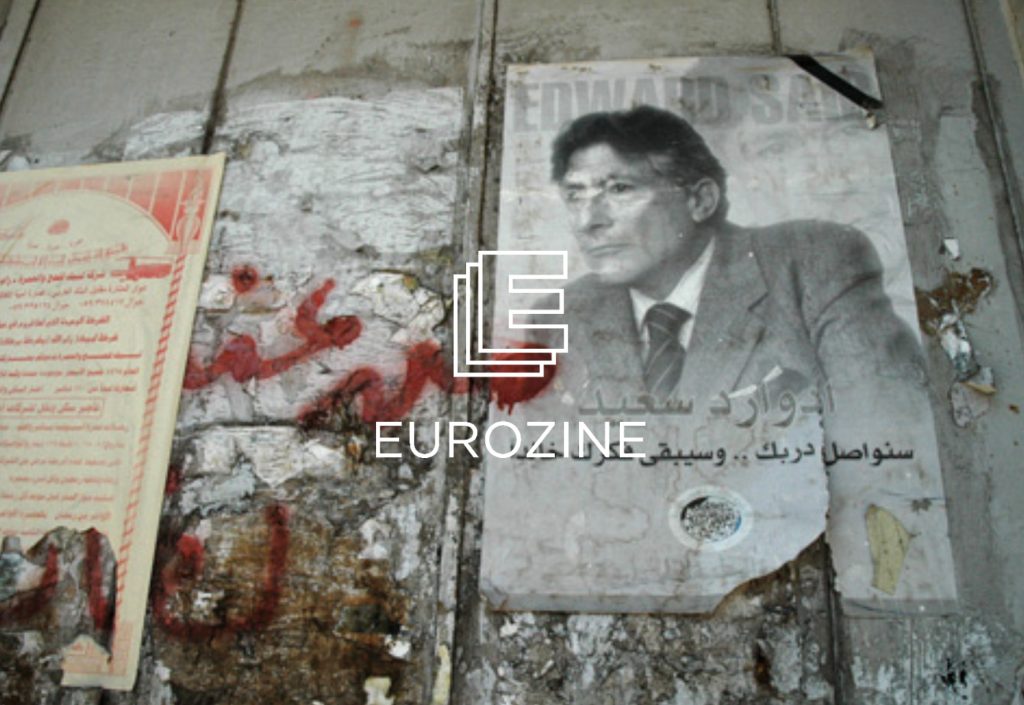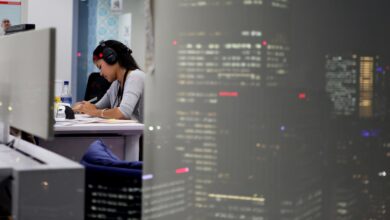
[ad_1]
At one point in his 1984 essay ‘Permission to narrate’, Edward Said described urging family and friends in Beirut to record what was happening during the Israeli siege two years previously, in order to tell the world ‘what it was like to be at the receiving end of Israeli “antiterrorism”’. They paid little attention, Said recallled. ‘Naturally, they were all too busy surviving to take seriously the unclear theoretical imperatives being urged upon them intermittently by a distant son, brother, or friend.’
The circumstances under which Palestinians found themselves at the time meant that ‘most of the easily available material produced since the fall of Beirut has in fact not been Palestinian’. This was a factor in a deeper problem, according to Said: the absence of a Palestinian narrative of national identity in the western public sphere, which could not be compensated by even the most sympathetic, critical and objective works by western journalists.
Its causes, according to Said, lay in preconceived notions of ‘reasonable political discourse’ and resistance to a Palestinian ‘narrative entailing a homeland’. One way the pro-Israeli establishment, particularly in the US, disqualified media criticism of the Israeli invasion of Lebanon was to accuse journalists of having been ‘intimidated or seduced’ by the PLO into ‘antisemitic attacks on Israel’.
Forty years later, the taboo on antisemitism is still often used to prevent and even criminalize the expression of support for the Palestinian cause. Particularly controversial has been the old slogan, ‘From the River to Sea, Palestine will be Free’, which has been said to articulate an antisemitic if not genocidal intention.

Image: Justin McIntosh / Source: Wikimedia Commons
But as the Israeli historians Alon Confino and Amos Goldberg write, over the years the slogan has stood for various strategies for Palestinian self-determination. ‘Precisely because it gives no hint to a specific solution,’ write Confino and Goldberg, ‘it is difficult to find a Palestinian or a supporter of the Palestinian cause who does not identify with the slogan.’
What Said described as the disjunction between accusations of antisemitism and television footage documenting Israeli ‘savagery’ is even starker today. Social media teems with images of unspeakable violence inflicted by Israel on Palestinian civilians. But it has also opened a space for a Palestinian narrative inconceivable in the analogue age.
This development partly explains the unprecedented extent of pro-Palestinian solidarity in the West today, which now genuinely challenges the political consensus. But in Israel and Palestine, far from everything can be freely expressed on social media, let alone the streets. As UK-based Palestinian writer Samir El-Youssef writes, this goes not just for Palestinian-Israelis, whose social media activity is censored by the authorities, but also for Gazans critical of Hamas.
As we know, social media favours polemic. And one polemic getting traction on social media for some time concerns German reservations about the use of the term ‘genocide’, along with other terms associated with the Holocaust (‘boycott’, ‘ghetto’).
For many, Germany’s unconditional support for Israel after 7 October proves the hypocrisy of its vaunted memory culture. They may have a point, writes US historian Andrew I. Port. But the critics of the ‘German Catechism’ also tend to one-sidedly dismiss the cultural causes for Germany’s peculiar stance on Israel.
These articles are part of an ongoing series in Eurozine discussing questions raised by 7 October and its devastating aftermath. They are a sample of articles published in the wider Eurozine network and represent diverse standpoints and authors, including above all Palestinians.
Source link




